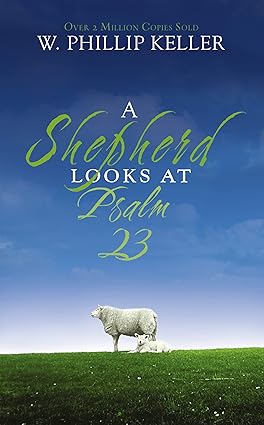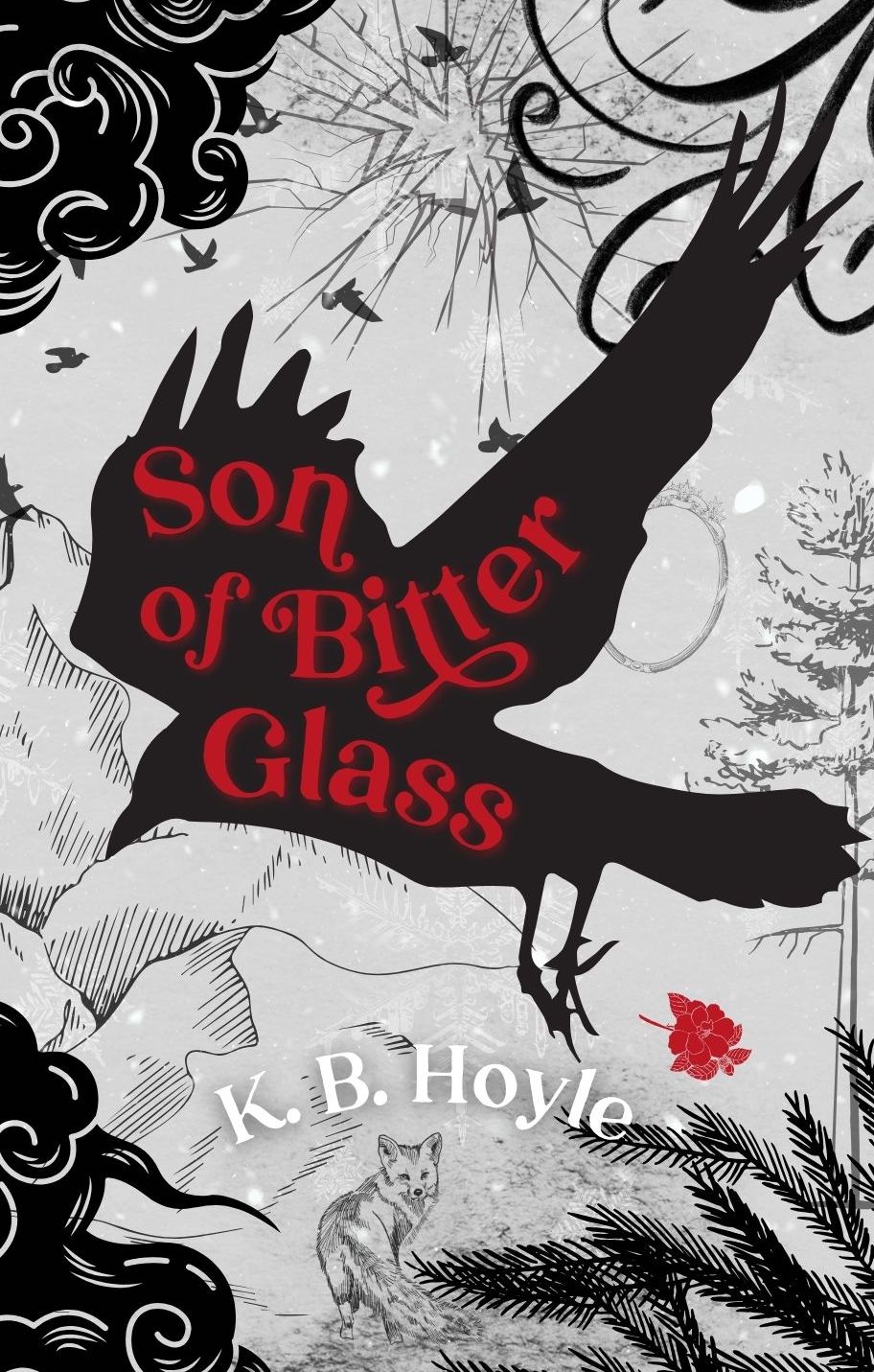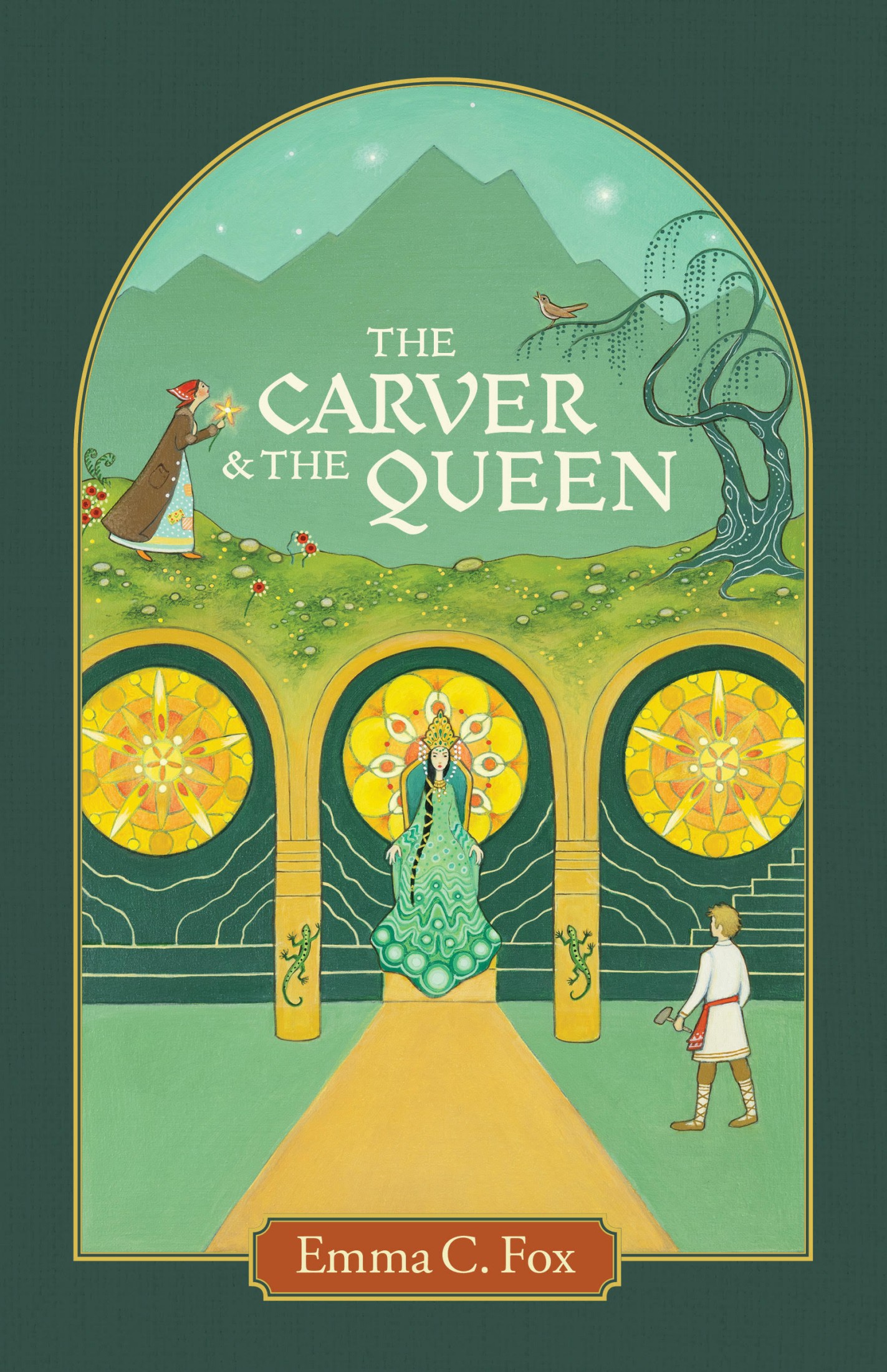I have loved C. S. Lewis’ writing since childhood. The Chronicles of Narnia fueled much of my imagination (as little of it as I have) and Mere Christianity informed my college years rather thoughtfully. If we become what we read, then I’m a Narnian and I belong in Aslan’s country.
In my search over the years for the best that literature has to offer on this side of eternity, C. S. Lewis has stood out as one who can wrestle entire worlds into laymen’s words that even small children understand. He had a way with words that brought the common man into the courts of the upper echelons of higher academia. Logic appeals to all men, but Lewis had a knack for leveling the playing field when it came to deep subjects.
However, his small book on some of the grief he experienced after the death of his wife was entirely different to read from his other works. What started as an escape from the madness of grief became a full notebook of philosophy on the sorrows he experienced in the immediate sanctification of post-marital singleness – and with philosophy comes less concrete theology. In a finite world, we can only speculate about the after-life. True, we can know some things with full certainty: heaven and hell are real and everyone will be going to one of those two places depending on what they do with Jesus as the Christ and Son of God. But the substance of those things to come are faint and veiled at best. We see only dimly in the vast mirror of eternity as finite eyes can only behold so much.
For those who already question whether C. S. Lewis was a universalist or not, this is not your next read. I am only vaguely familiar with his actual theological history and background, so was a little confused at some purgatorial sounding references. (For any who care to know, I disagree with the belief that he was a universalist.) However, what I think most readers may find difficult to take in is the lack of anchored thought. This is not a exposition of scripture or a practical logic lesson or a calling to Christian living in the midst of grief. This is literally the thoughts that came streaming forth from one who stung with the seemingly infinite sorrow of spousal death. I doubt that it was actually ever written to be read. This is the closest we will come to stream-of-conscious writing in Lewis’ works.
As one who has struggled with depression and despair at different times in life, I was amazed at Lewis’ ability to put words to vague and sometimes inexplicable emotion despite the less structured and far less theologically firm packaging. What I’ve come to see as nearly indescribable thoughts, I found written rather eruditely on the pages of this little book. Recent, severe grief drew me to this work and I found kinship with Lewis. I have never been married; however, there are a few particular families that have made singleness easy because of the companionship and fellowship I found in their homes. One of these families moved away and I felt that all good things had ceased with the sunset of their presence. Truth and the goodness of God begs to differ with me, but in the wake of such strong emotion as the world continues ever onward it is impossible to convince myself of anything logically.
Logic fails with grief and despair. Of course, it doesn’t end there – as Christians we must continue on and seek God’s face even in the hard times. I think we see Lewis begin to do that as he writes, though we will not find steps toward processing grief nor biblical wisdom on how to think correctly in the midst of broiling emotions.
If you’re looking for a quick bite of philosophical depth on grief and don’t mind a few tastes of theological vaguity, press on dear reader and chew on this book!
![]()



